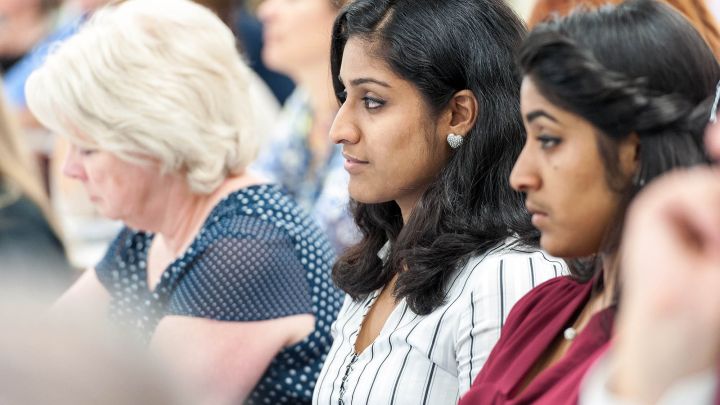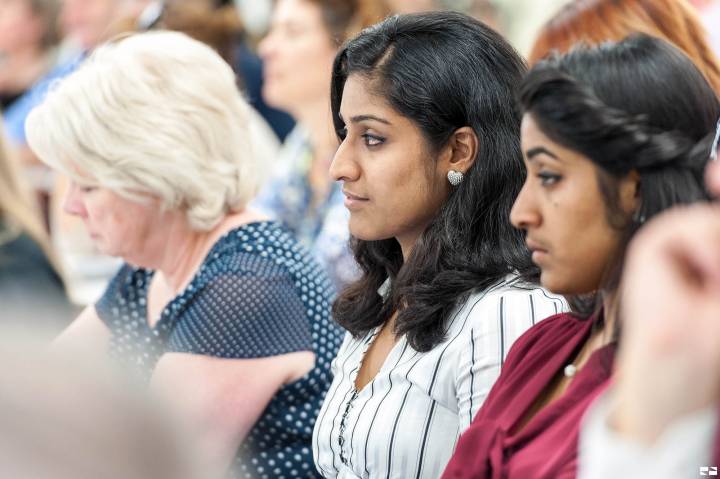The paradigm shift and migrant integration: Is something rotten in the state of Denmark?

This event has taken place
View all upcoming events at Kingston University.
Time: 2.00pm - 3.30pm
Price:
free
Speaker(s): Prof Michelle Pace

All are welcome to this event, which is running as part of the Criminology, Politics and Sociology Seminar Series 2021-22.
All seminars will be run entirely online through MS Teams. Please register online and you will be sent the MS Teams link the day before and again on the day of the event.
Speaker
Professor Michelle Pace is Professor in Global Studies at Roskilde University and Associate Fellow at Chatham House, Europe Program. She is also Associate Non-Resident Member at the Middle East Studies Forum, Deakin University. Michelle was the Denmark lead partner on the H2020 EU project SIRIUS (2018-2021) on skills and integration of people on the move in European labour markets. She also represents Denmark as Member of the Management Committee of COST ACTION CA20107 (Connecting Theory and Practical Issues of Migration and Religious Diversity). Her co-authored book entitled Syrian Refugee Children in the Middle East and Europe: Integrating the Young and Exiled was published by Routledge in 2018. Her work has appeared in, amongst others, The New York Times, The Sunday Times of London, BBC World and Deutsche Welle.
Abstract
Denmark has become a special model of strict migration policies that other European countries are seeking to emulate. In October 2018, Austria joined forces with Denmark and presented a ‘new vision paper' for reforming European countries' policies for asylum and protection. In February 2019, the Danish Parliament passed a ‘paradigm shift' asylum bill: The emphasis now moved from the previous emphasis on refugees' integration to the idea that they should only be in Denmark temporarily and return as soon as possible. In June 2021, the UK's Home Secretary opened talks with Denmark in regard to planned legislation which could see asylum applications processed offshore. At the early September 2021 EU talks on Afghanistan, (following the rapid take-over of the country by the Taliban and increasing concerns of another refugee crisis engulfing Europe), discussions were dominated by an anti-refugee agenda and were led by Germany's interior minister. To understand these strict policies we need new knowledge about their effects on the integration of migrants already residing in European host societies, particularly those with precarious legal status. My paper will develop a theoretical framework, based on the concept of differential inclusion that describes policies that create borders within the nation. This paper will evaluate how increasingly stricter migration policies impact on the integration of migrants: socially, economically and politically. With a specific focus on the case of Denmark and using narrative analysis as method, my paper will provide illustrative migrant testimonies that will guide research and public policy on questions of migration governance and migrant integration. Studying such impacts is a new area of research, despite its importance as a background for academic and nuanced European public debates on immigration, asylum, settlement, and integration.
Other events in this series
Wednesday 15 December: Book presentation: ‘Navalny Putin's Nemesis, Russia's Future?'
Wednesday 2 February: New Perspectives on Diaspora
Wednesday 23 March: Media representations in Russia
Booking is essential to attend this event.
For further information about this event:
Contact: Dr Dogus Simsek
Email: D.Simsek@kingston.ac.uk
